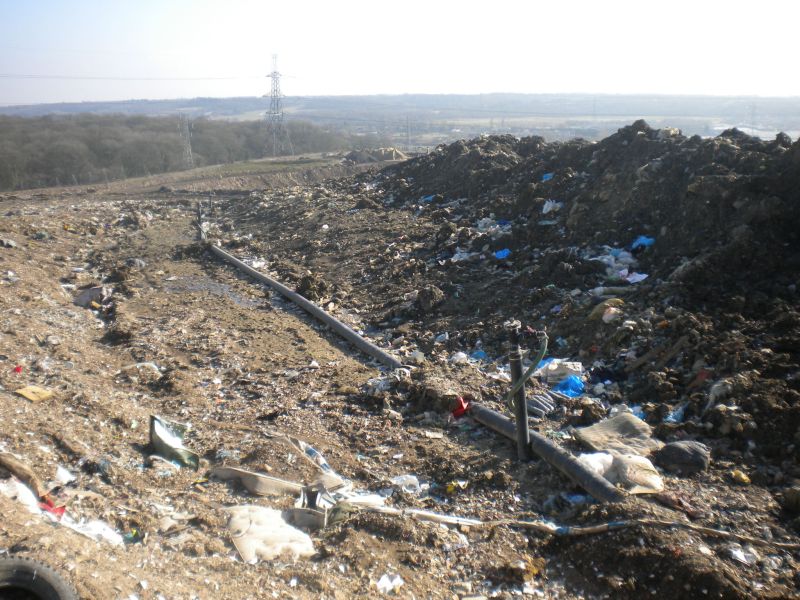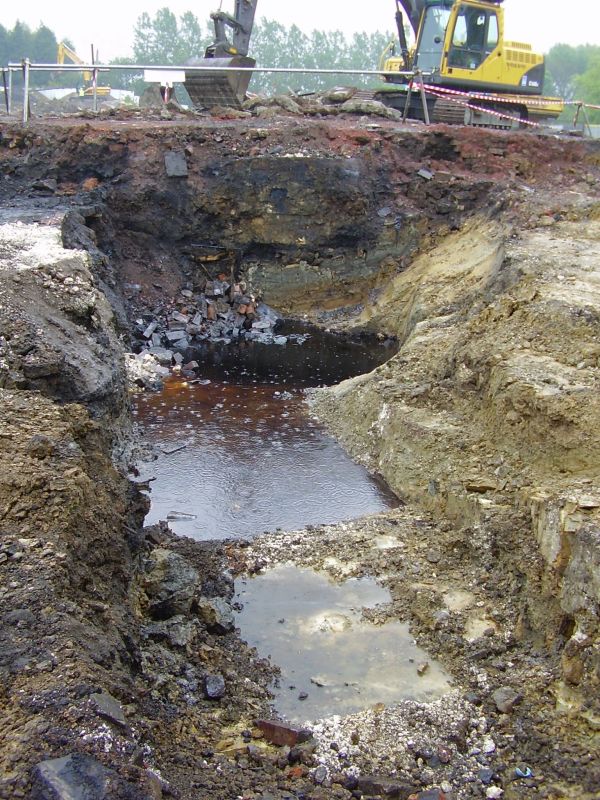REMEDIATE is a €3.7 million Innovative Training Network (ITN) project which recruited 14 Early Stage Researchers across 10 Beneficiary organisations in Ireland, UK, Germany, Denmark, the Netherlands and Italy.
Key Facts
- Development of new analytical risk framework for organic and inorganic chemical mixtures
- Development of predictive model tool for chemical mixtures
- Improved decision support management tool linking bioavailability to risk and remediation end-points
Impact of our research
This research provided a methodological framework to improve our understanding of bioavailability, tackle the complexities of chemical mixture, highlight the likely effect of exposure, and understand the chemical risks associated with contaminated environments. It is anticipated that such a framework will lead to a more accurate and rapid assessment of risk and cost-effective land management.
We have also learned the importance of maintaining established networks and links with industry (large and small), the value of having a skilled and flexible support team (beyond the academic PI) and the difference that experience can make in convincing the EU to support large scale projects as well as assisting service providers and problem holders in delivering remediation projects in a transparent and sustainable manner.
Why the research was commissioned
Our work and reputation in contaminated land and risk assessment have led to contributions on environmental decision-making in general, better regulation and risk policy. Working collaboratively with industrial partners, Cranfield University is taking a leading role in tackling the issue of contaminated land on former industrial, mining and agricultural sites. Cranfield’s role is pivotal as it has considerable expertise in the areas of environmental pollution, land management and soil remediation.

Why Cranfield?
Our research draws on our analytical and environmental modelling expertise with a substantive contribution to the practice of sustainable bioengineered remediation. We have pioneered the detailed chemical examination of complex chemical mixtures by reference to risk concepts, dramatically improving on the rudimentary analytical parameters used in risk assessment in the mid 1990’s. This enabled us to construct innovative decision-support tools for contaminated sites. The tools improve confidence in remediation (restoring to use) technology, reduce remediation costs and minimise waste disposal to landfill, with subsequent savings in CO2 emissions.
Find out more
Cranfield University - Bioprocessing and Environmental Technology
Queen's University Belfast - REMEDIATE
CORDIS - Improved decision-making in contaminated land site investigation and risk assessment



